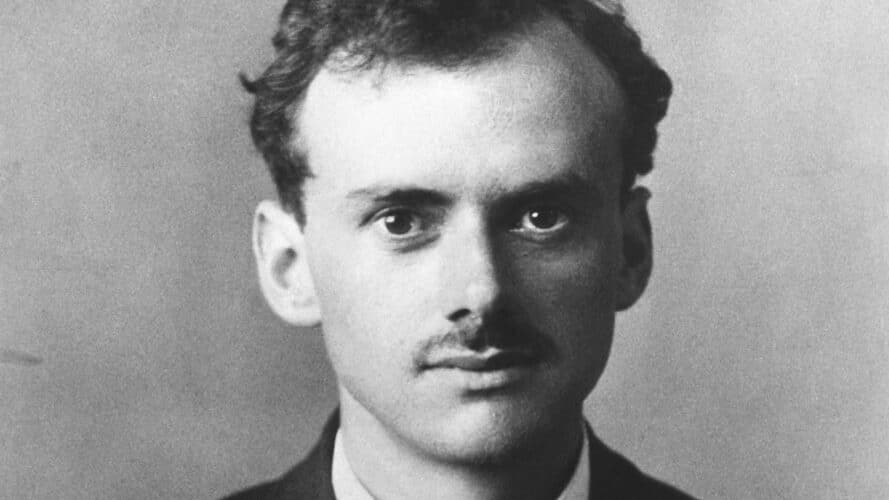Quantum Pioneer: Unraveling the Enigma of Paul Dirac

Paul Dirac (8 August 1902 – 20 October 1984) was a prominent theoretical physicist, known for his groundbreaking contributions to quantum mechanics and quantum field theory.
Life and Career
Paul Dirac was born on 8 August 1902, in Bristol, United Kingdom. He pursued his education at the University of Bristol and later at St. John’s College, Cambridge. In 1926, he obtained his Ph.D. from Cambridge, where he began his journey into theoretical physics.
Dirac’s most significant achievement came in 1928 when he formulated the Dirac equation, which united quantum mechanics and special relativity and described the behavior of relativistic electrons. This equation predicted the existence of antimatter, leading to the discovery of positrons, the antiparticles of electrons. This groundbreaking work earned him widespread recognition and acclaim.
Throughout his career, Dirac made numerous fundamental contributions to the field, including the development of quantum field theory, quantum electrodynamics, and quantum statistical mechanics. His work significantly influenced the early development of quantum theory and particle physics. Paul Dirac passed away on 20 October 1984, in Tallahassee, Florida, United States.
Award and Legacy
In 1933, he was awarded the Nobel Prize in Physics, jointly with Erwin Schrödinger, for their contributions to the development of quantum mechanics. Additionally, he received the Copley Medal of the Royal Society in 1952, recognizing his lifetime achievements in physics. Dirac’s legacy in physics is profound and enduring. His mathematical rigor, originality, and unique insights have left a lasting impact on the field. He is considered one of the founding fathers of quantum mechanics and his work remains fundamental to our understanding of the subatomic world.
Observer Voice is the one stop site for National, International news, Sports, Editor’s Choice, Art/culture contents, Quotes and much more. We also cover historical contents. Historical contents includes World History, Indian History, and what happened today. The website also covers Entertainment across the India and World.
Follow Us on Twitter, Instagram, Facebook, & LinkedIn

